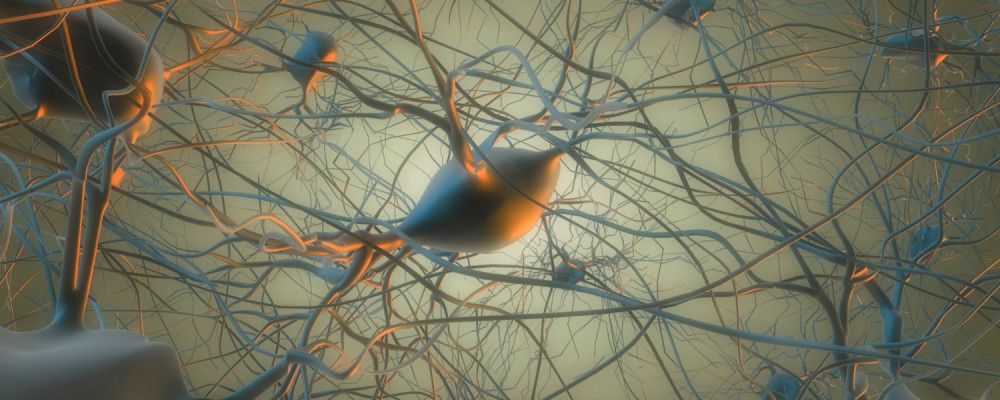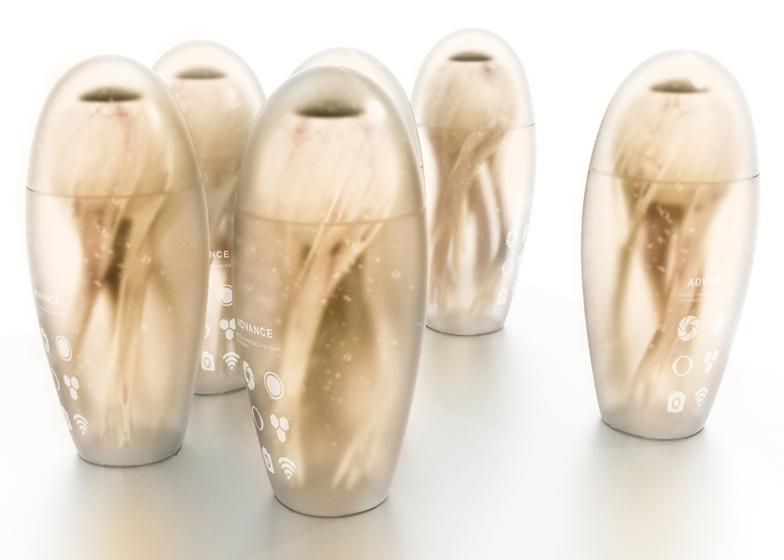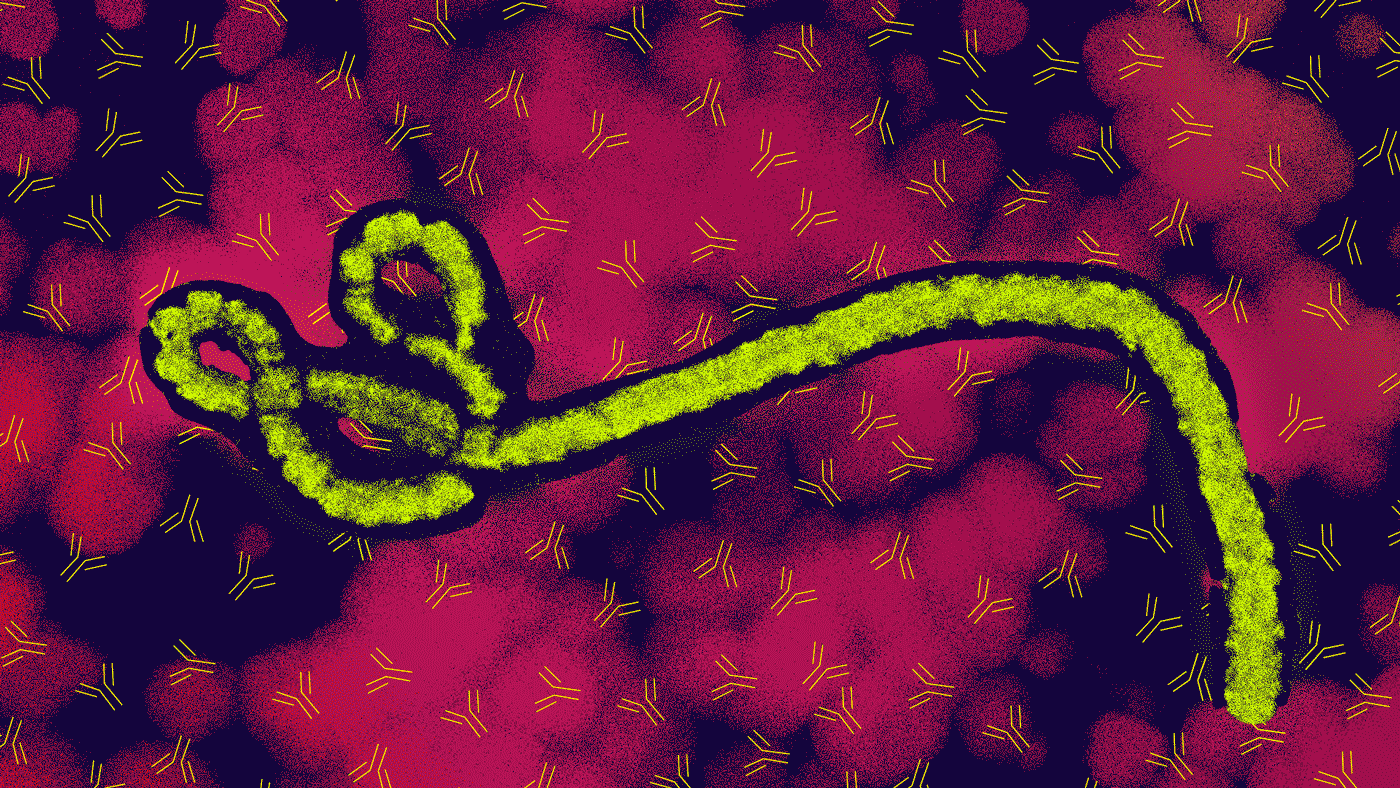By Davide Sher — 3D Printing Industry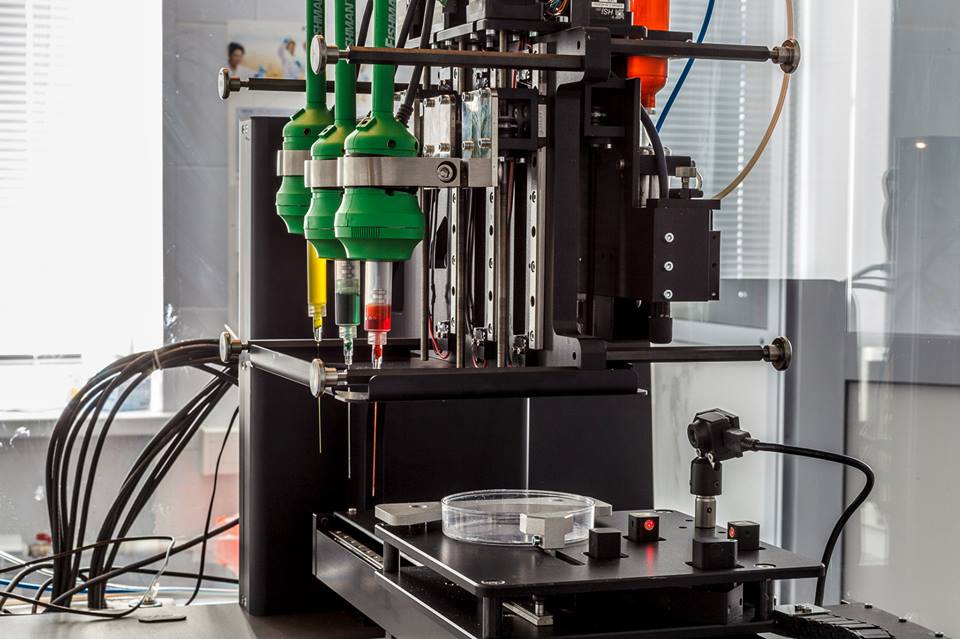
All of my relatives that work in the medical or scientific field are very quick to “crush” my arguments when I ask them about the possibility of 3D printing functional organs, saying that there is no way to replicate an organ’s complex, multicellular structure. I consider these relatives to be extremely knowledgeable and reliable, but they are mostly doctors and/or researchers who are not directly familiar with additive manufacturing technologies.
On the other hand, 3D Bioprinting Solution’s enthusiasm, as with any other 3D bioprinting venture, is contagious and I know from experience that, with 3D printing nothing is impossible, and nothing can be entirely discarded. The truth probably lies somewhere in the middle: bioprinting complex organs is an extremely difficult feat to achieve, but, sooner or later, it will be done. And 3D Bioprinting Solutions may be the company to do it. Read more
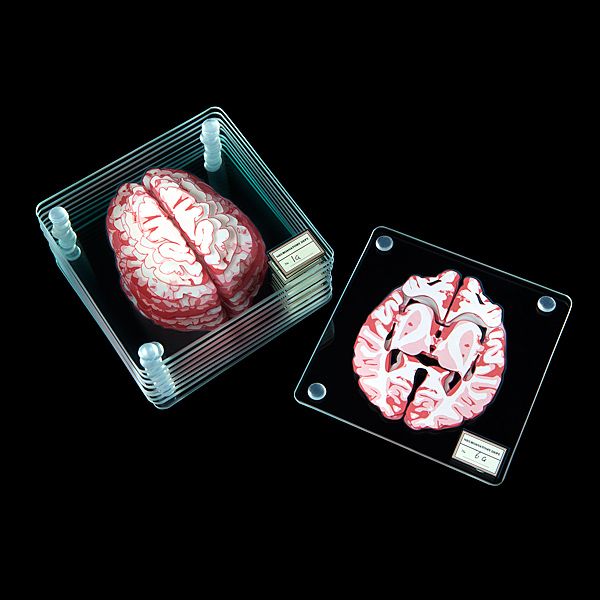
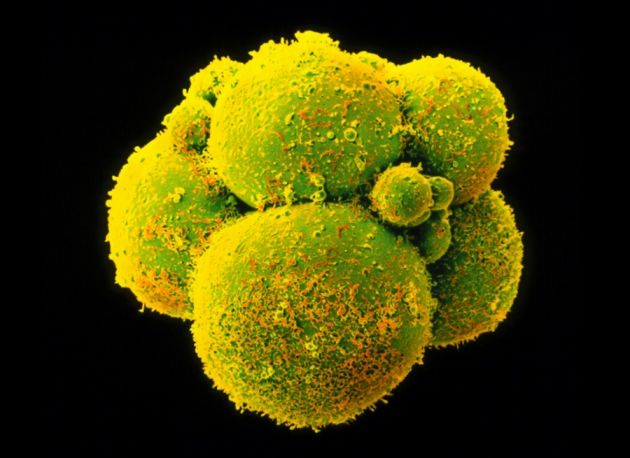
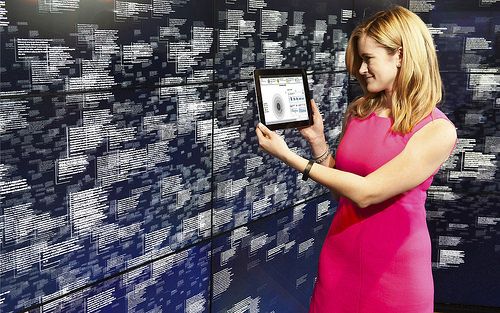
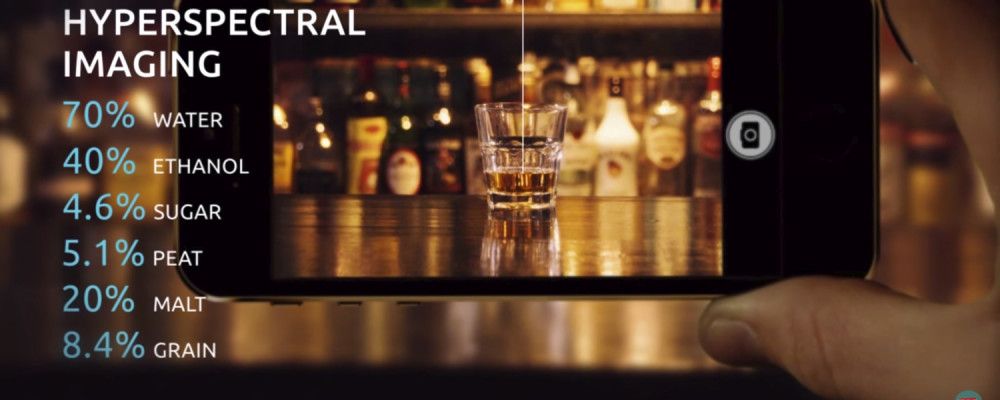

 ‘New Narratives: Innovation for Jobs’ is a series by i4j (Innovation for Jobs) and the GPA exploring perspectives on important topics that will impact the future of work, jobs and employment.
‘New Narratives: Innovation for Jobs’ is a series by i4j (Innovation for Jobs) and the GPA exploring perspectives on important topics that will impact the future of work, jobs and employment.

